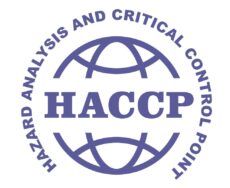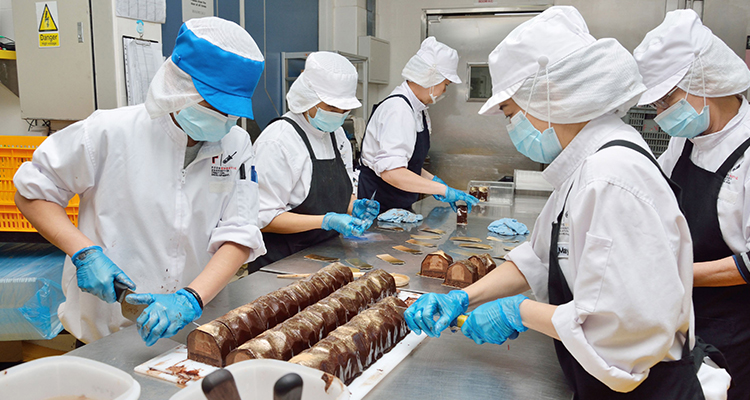Hazard Analysis Critical Control Point

Hazard Analysis and Critical Control Points (HACCP) is a scientific, rational and systematic approach to the identification, assessment and control of hazards to ensure that food is safe for human consumption.
It applies to all food businesses involved in preparing, processing, manufacturing, packaging, storing, transporting, distributing, handling, supplying or offering for sale food in any sector along the food chain. Implementation of a HACCP system by food businesses will go a long way towards ensuring that food products are safe for human consumption.
Under the HACCP certification scheme, food businesses are required to set up and implement a HACCP system in accordance with the MS 1480 “Food Safety According to Hazard Analysis and Critical Control Point (HACCP) System”. This standard is based on the widely accepted international standards and guidelines published by the Codex Alimentarius Commission. In implementing the HACCP systems, it is required that prerequisites programmes be established. It is recommended that MS 1514 “Good Manufacturing Practice for Food” be used as a guiding document.

Safe Food
Save Life
7 principles in HACCP:
- Hazard analysis
- CCP determination
- Critical limit establishment
- Establish monitoring system
- Establish corrective action
- Verification
- Documentation and records

